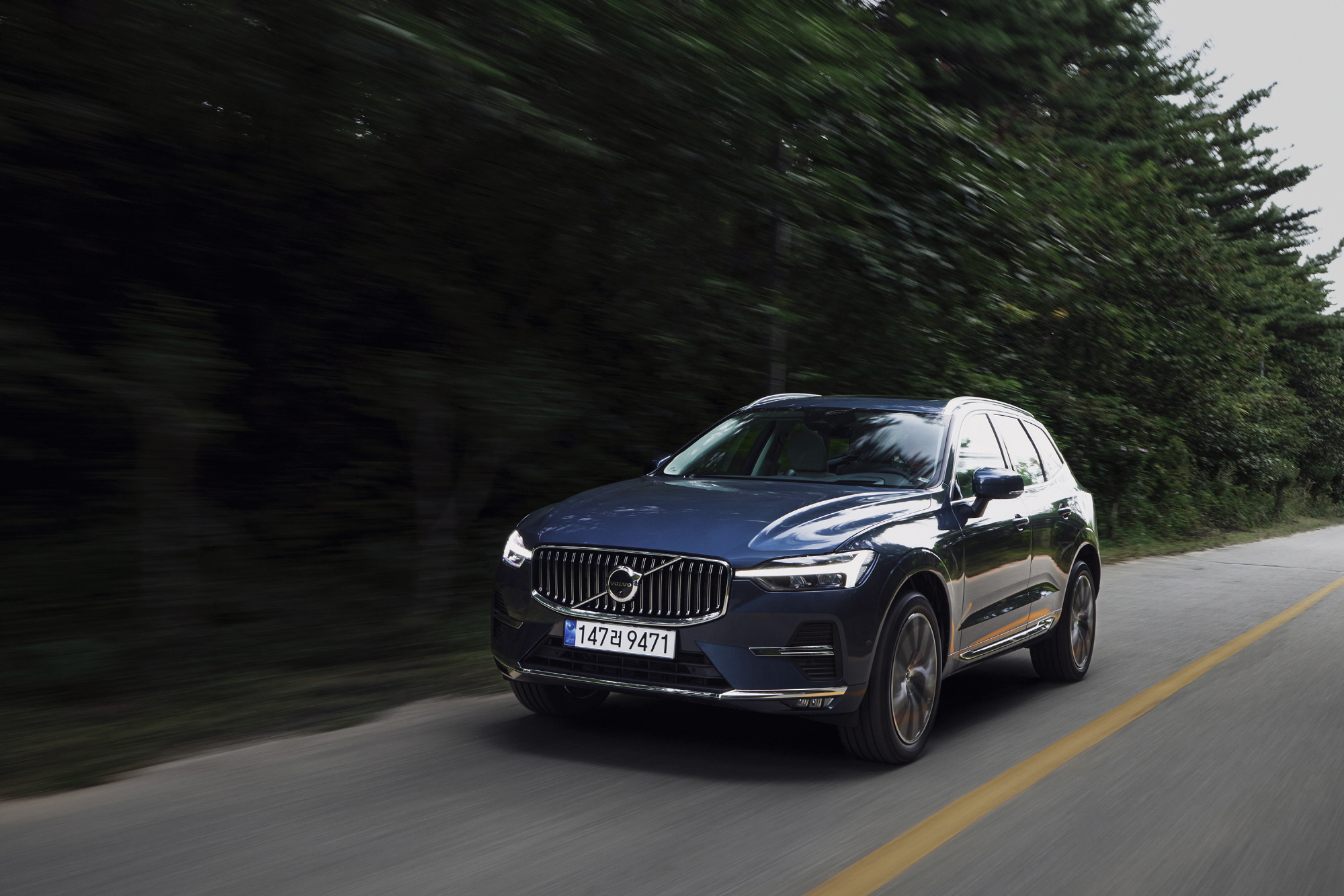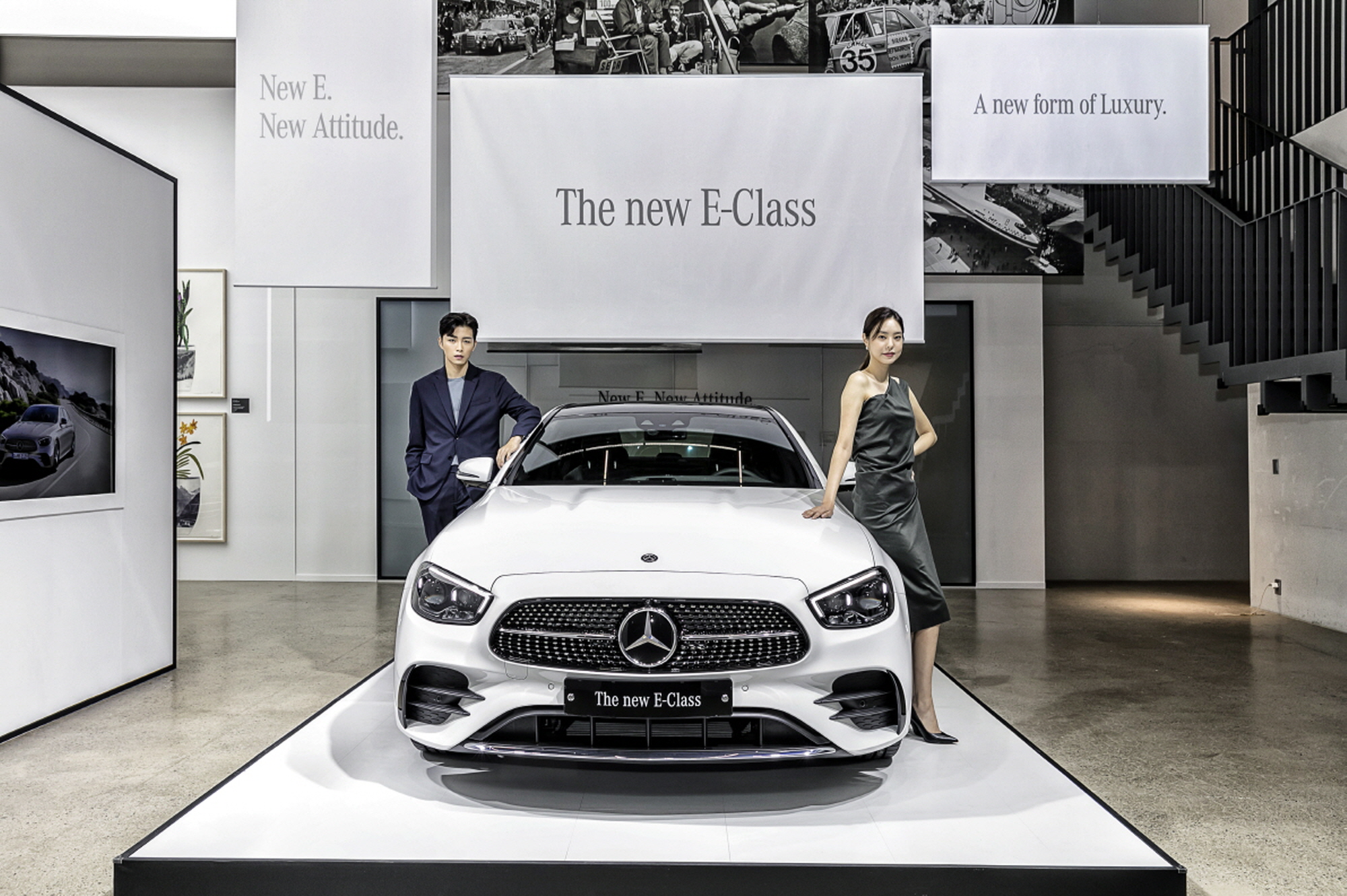
The imported car market in September experienced a slight decline compared to the previous month. Volvo, leading with the XC60, pushed Volkswagen down to fourth place, while sales of hybrids and electric vehicles outpaced those of gasoline cars. Mercedes-Benz, lagging behind BMW, is intensifying its pursuit, signaling a fierce competition ahead until the year end.
The Korea Automobile Importers and Distributors Association reported on the 6th that the number of new registrations for imported cars in September was 22,565, a slight decrease of 3.4% compared to 23,350 in the previous month. The cumulative sales volume as of September this year stands at 197,742, signaling a minor decline of 1.2% compared to 200,210 in the previous year.
The sales rivalry between Mercedes-Benz and BMW continues this year. Mercedes-Benz sold 6,971 units, an increase of 5.8% compared to 6,588 units in the previous month, while BMW sold 6,188 units, a slight decrease of 1.8% from 6,304 units last month. As of September this year, the gap between the two brands is under 2,000 units, with Mercedes-Benz at 54,376 and BMW at 55,629.

The breakdown of registrations by engine displacement shows that vehicles under 2,000cc accounted for 11,979 units (53.1%), indicating that over half of new import car buyers prefer compact vehicles with lower maintenance costs. In terms of sales by country, European cars dominated with 19,633 units (87.0%), illustrating that overwhelmingly, new import car buyers are opting for European models.
Looking at sales by fuel type, gasoline vehicles accounted for 9,558 units (42.5%), hybrids for 6,779 units (30.0%), and electric vehicles for 3,339 units (14.8%), indicating a preference among import car customers for electrified models like hybrids and electric cars.
The best-selling models in September were the Mercedes-Benz E-Class (3,511 units), the Volvo XC60 (899 units), and the BMW 3 Series (868 units).
By Lee Sang-jin daedusj@autodiary.kr

